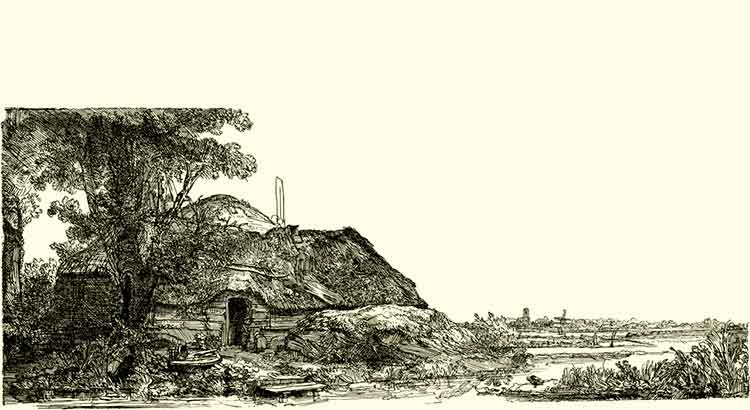Thinking of Tolstoy, I read dozens of pages by Valéry about Mallarmé. I say: thinking about Tolstoy’s severe criticism of the latter and his symbolist peers. Tolstoy says that the great art must be accessible and universal, and therefore obscure artists like Mallarmé pervert and falsify art. According to Valéry, Mallarmé was responsible for “introducing into art the obligation of spirit’s effort,” and artists like him are distinguished for creating value and beauty out of emptiness. What to say? Regrettably, and daily life only corroborates this, artistic sensibility has not been universally distributed, as Tolstoy believes. The master and his mujiks… Accessibility cannot be a qualitative criterion for an artistic work, otherwise, it would be subordinating it to the audience. Is it worth what an illiterate says about the quality of a book? The value of a work has nothing to do with who receives it. Billions have lived and continue to live devoid of any contact with art, most cities do not have an active and decent theater or orchestra: art, today, is reduced to the superfluous, it is seen only as entertainment. This, of course, by the majority, the same majority whose rise has subverted and practically annihilated the real social function of art. A great artistic work, powerful and sincere, is usually only seen by a select audience because the others are not interested in it either. Does art lose? Of course not… However, it is necessary to purge from the mind the notion that the collective is the sovereign arbiter: on an individual level, art will continue being what it has always been… In truth, the balance is quite positive. The world is a better place when the great art is not handed over to lazy people or used as a pastime by idiots.
Should the Great Art Be Accessible?
